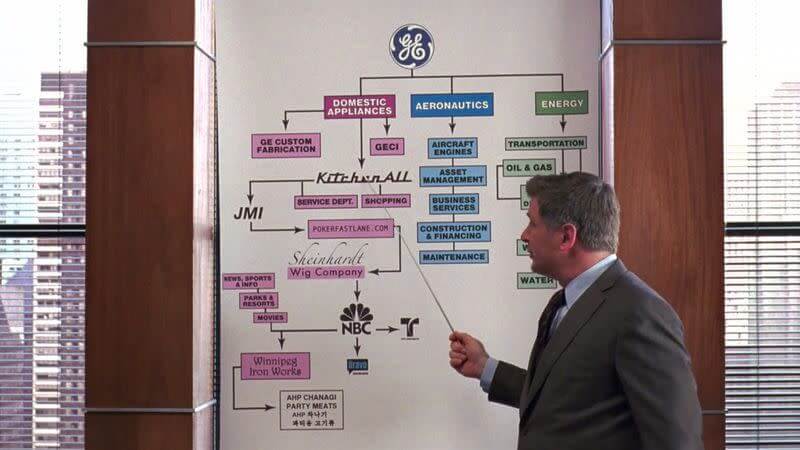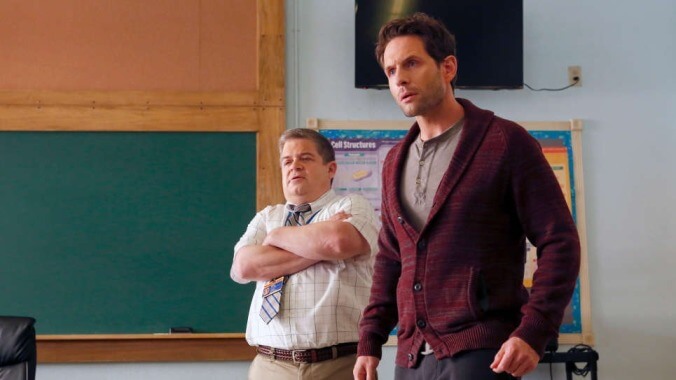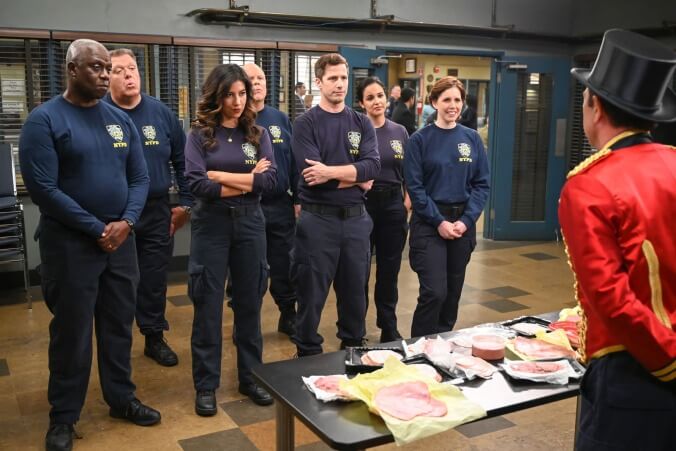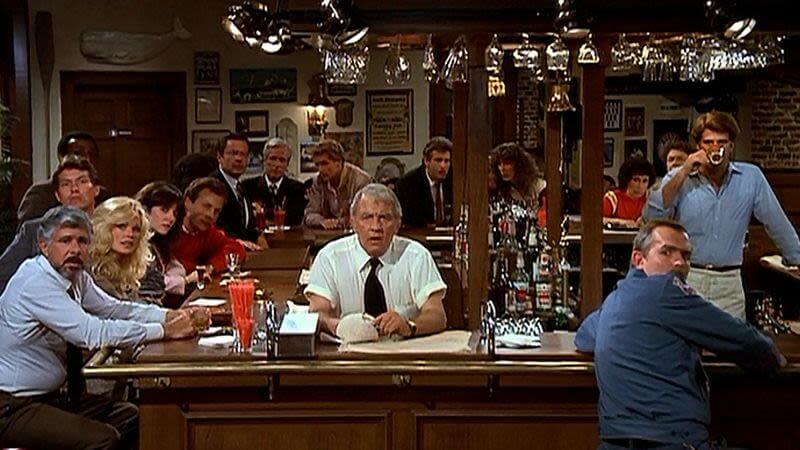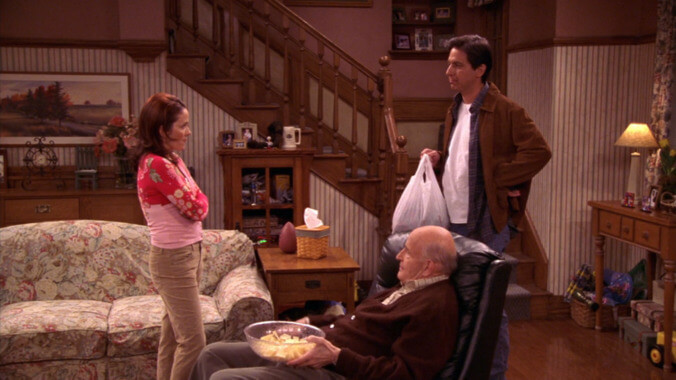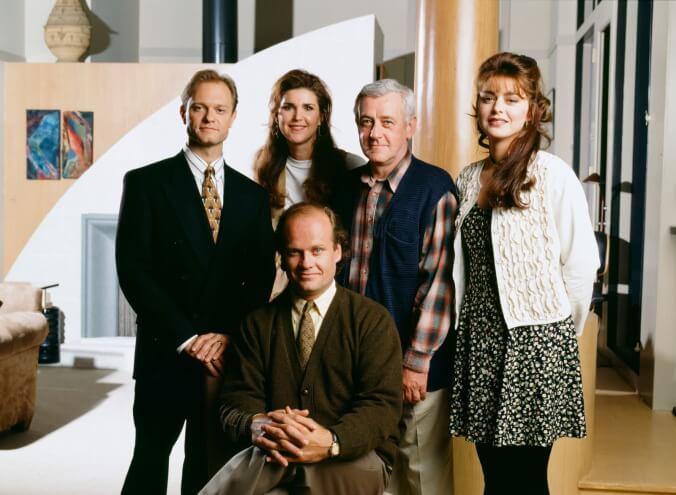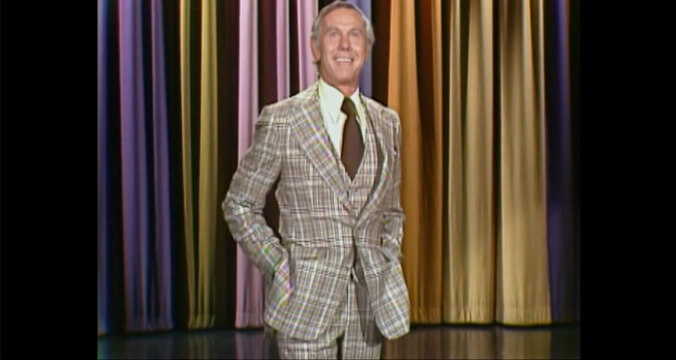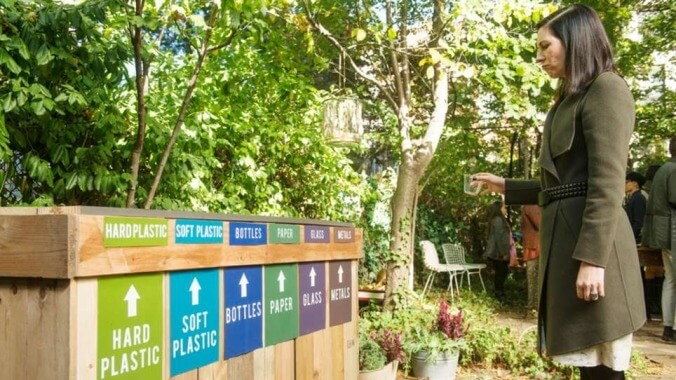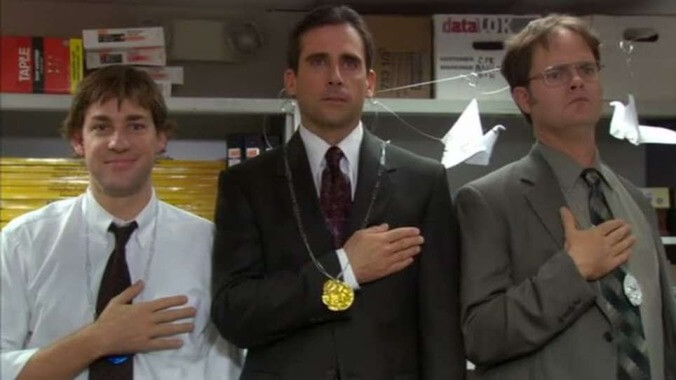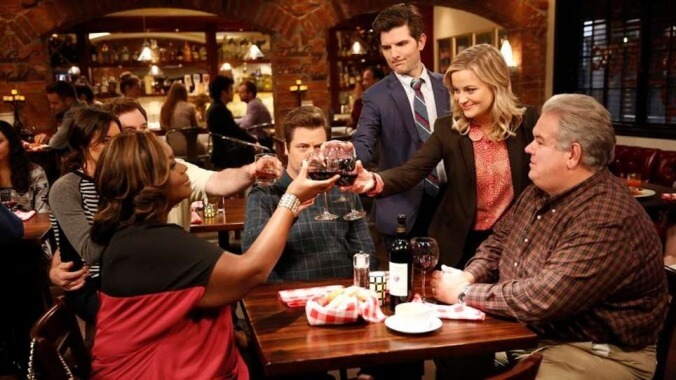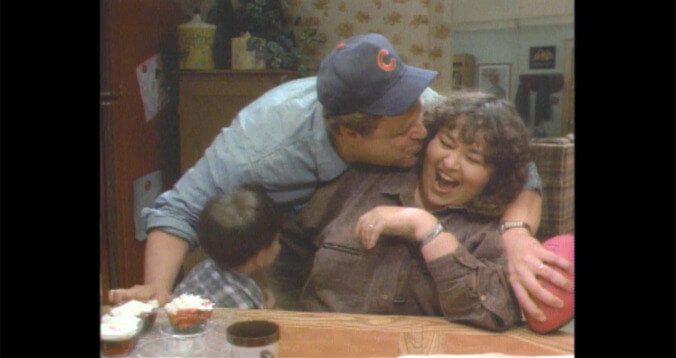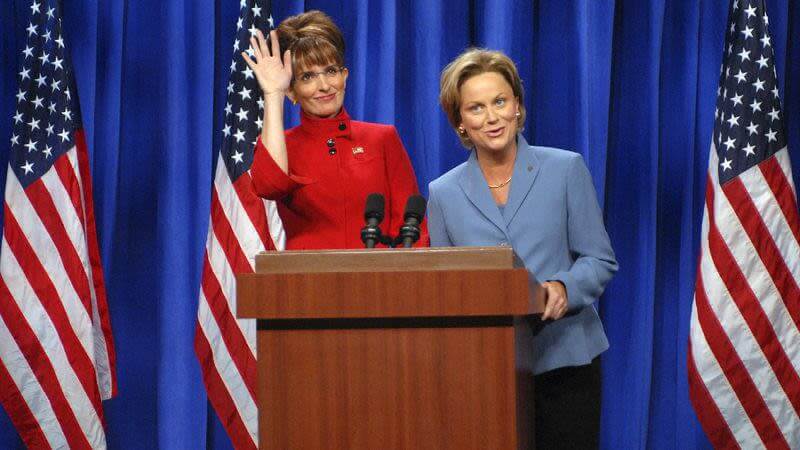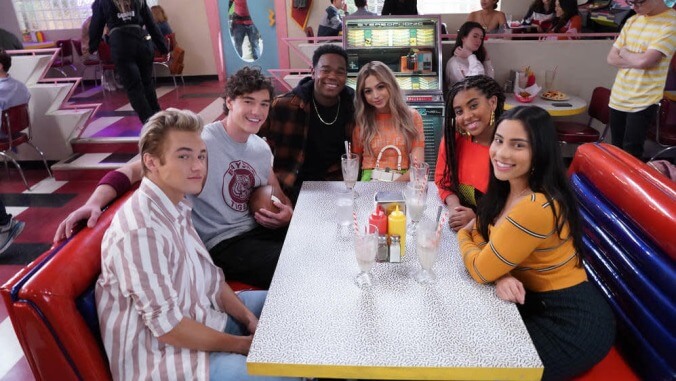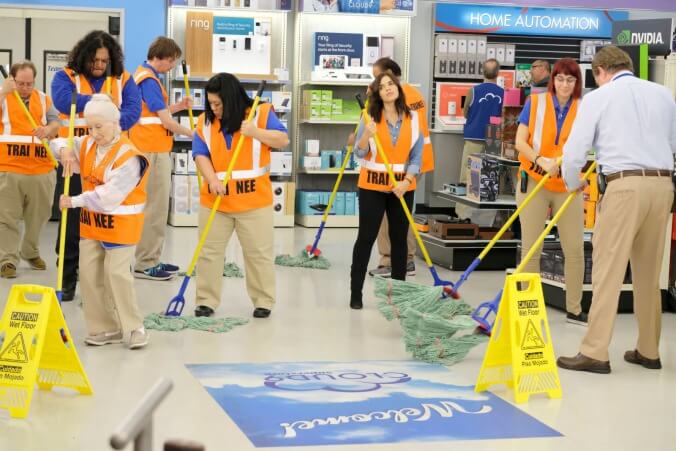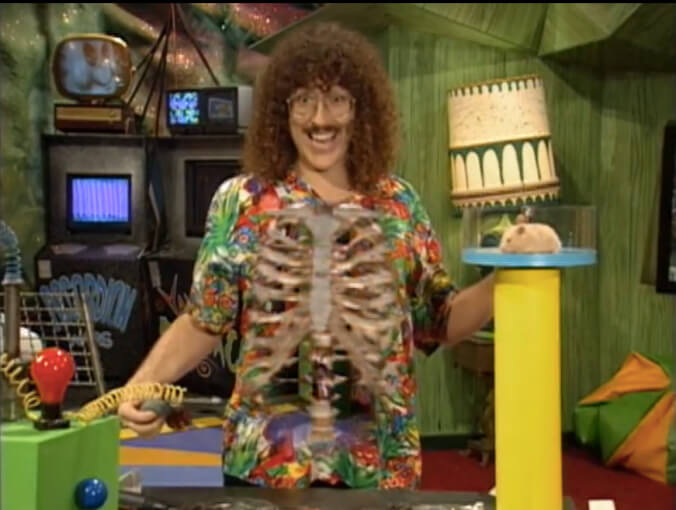The best TV comedies on Peacock
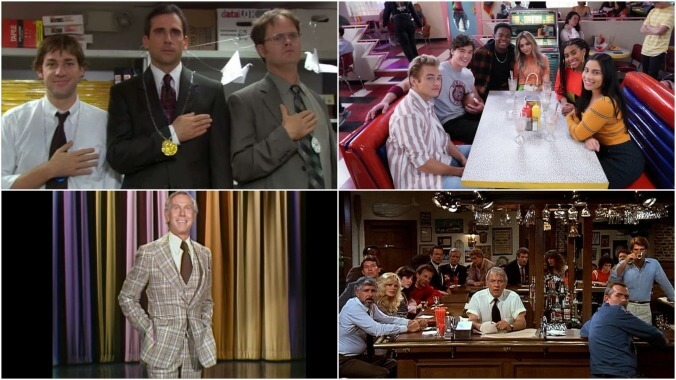
Streaming libraries expand and contract. Algorithms are imperfect. Those damn thumbnail images are always changing. But you know what you can always rely on? The expert opinions and knowledgeable commentary of The A.V. Club. That’s why we’re scouring both the menus of the most popular services and our own archives to bring you these guides to the best viewing options, broken down by streamer, medium, and genre. Want to know why we’re so keen on a particular show? Click the links for some in-depth coverage from The A.V. Club’s past. And be sure to check back often, because we’ll be adding more recommendations as shows come and go.
Have you heard? Peacock has The Office. But it also has two of the other shows that continued NBC’s Thursday night sitcom legacy into the 2010s—30 Rock and Parks And Recreation—plus Cheers, Frasier, and other must-see classics from the network that Peacocks comedy (you say the “Peacock”), as well as rerun staples from its network rivals like Everybody Loves Raymond and Roseanne. All that and a surprisingly savvy Save By The Bell reunion? Why, it’s enough to make a person say “Hey, hey, hey, what is going on here?”
In the mood for something more dramatic? We’ve got you covered there, too.
